In today’s competitive job market, a company’s reputation plays a crucial role in attracting and retaining top talent. According to a recent survey, a staggering 86% of workers would not apply for or continue to work for a company with a bad reputation with former employees or the general public[^1^]. This highlights the importance of building a strong employer brand that resonates with job seekers and internal employees alike.
What is Employer Branding?
Employer branding refers to the reputation a company has among its employees and the wider workforce. It encompasses how a company markets itself to job seekers and communicates its leadership, values, and culture[^1^]. While a strong brand story surrounding products or services is important, it is equally crucial to develop a compelling employer brand that showcases the company’s values and workplace environment.
Employer branding goes beyond mere storytelling; it requires a company to walk the walk by aligning its actions with its stated values and culture[^1^]. Telling potential employees and the general public that perks like ping-pong tables make a company a great place to work is insufficient. To build a strong employer brand, a company must tell an authentic and compelling story that reflects its day-to-day people management, values, and workplace culture.
The Importance of Employer Branding
Employer branding has a significant impact on a company’s bottom line. It can reduce turnover rates and cut hiring costs in half, resulting in substantial cost savings. Moreover, companies that actively manage their employer brand are more likely to attract applications from active job seekers[^1^].
Every company has an employer brand, whether they actively work on it or not. By investing in employer branding, companies can ensure that they have a brand they can be proud of, which will attract and retain top talent. It is a strategic approach that positively shapes the perception of a company, leading to higher talent acquisition and retention rates[^1^].
Developing an Effective Employer Branding Strategy
To create a strong employer brand that resonates with top talent, companies should develop a comprehensive employer branding strategy. This strategy allows companies to take control of the narrative surrounding their brand, ensuring a positive perception among job seekers and employees[^1^].
Here are some key steps to implement an effective employer branding strategy:
1. Identify Your Company’s Unique Value Proposition
A powerful employer brand starts with identifying your company’s mission statement, values, vision, and culture. Understanding your business needs and the type of talent required to fulfill those objectives is crucial. Aligning your values and employer brand with your business goals creates a compelling narrative that attracts top talent[^1^].
For example, Teach for America’s mission statement emphasizes providing an excellent education to all children in the nation. By aligning their values with this mission, they create an employer brand that promises continuous learning and innovation, fostering a sense of purpose among their employees[^1^].
2. Conduct an Employer Brand Audit
To gain a clear understanding of your company’s reputation among job seekers and employees, conduct an employer brand audit. This audit can include internal surveys, social media searches, monitoring career sites for reviews, or even hiring a firm that specializes in reputation monitoring[^1^].
Brands with above-average or leading employer brands actively monitor employee engagement, take action on employee feedback, and keep a close eye on brand health[^1^]. By conducting an employer brand audit, you can identify areas for improvement and highlight the aspects of your company culture that resonate with employees.
3. Craft an Employer Value Proposition
Once you have researched your company’s values and perceptions, it’s time to create an employer value proposition. This proposition is a marketing message and a promise that reflects the true essence of your business and resonates with your employees[^1^].
Your employer value proposition should focus on facts about your company that employees would agree with, rather than solely emphasizing compensation. It should evoke passion and express your company’s purpose and positive impact on the world. Accenture, for example, highlights its commitment to delivering on the promise of technology and human ingenuity in its employer value proposition[^1^].
4. Leverage Current Employees
Your employees are your best advocates when it comes to building your employer brand. Job seekers want to hear from and see real employees at your company, as they are three times more credible than CEOs when talking about working conditions[^1^].
Leverage the sentiment of your employees by sharing reviews and testimonials on your hiring pages or creating short interview videos for social media. Companies with leading and above-average employer brands understand the impact of employee experience on perception, and they actively leverage it to attract top talent[^1^].
5. Cultivate a Strong Onboarding Process
The onboarding process is a new hire’s first impression of your company, and a negative experience can have significant consequences. Investing in a positive onboarding process is crucial to instilling a positive company brand image and ensuring employee engagement and retention[^1^].
By providing clear instructions and tools to excel in their roles, you set new employees up for success. A smooth onboarding process leads to lower turnover rates and more productive teams, ultimately contributing to a strong employer brand[^1^].
6. Offer Learning and Development Opportunities
Boredom and lack of challenge are common reasons why employees leave their jobs. To address this issue, provide opportunities for learning and development to keep your employees engaged and motivated[^1^].
Encouraging employees to pursue learning opportunities and acquire new skills demonstrates your commitment to their professional growth. As employees develop new skills, they become more valuable assets for your company, increasing their job satisfaction and retention rates[^1^].
7. Use Multiple Channels to Tell Your Company Story
When it comes to improving your employer brand, using multiple channels is essential. Share compelling videos, photos, slideshows, and blog posts to tell your company’s story and reach a broader audience on platforms they already use[^1^].
High-quality visual and written content plays a crucial role in conveying your company culture. Consider featuring employee interviews on your job page or creating slideshows that showcase your CEO’s vision on your About Us page[^1^].
8. Foster Diversity and Inclusion
Building a diverse and inclusive workforce is a crucial aspect of a strong employer brand. Emphasize your commitment to diversity and inclusion, as it fosters a sense of belonging and safety among your employees[^1^].
Studies have shown that companies with diverse and inclusive cultures are more profitable[^1^]. Candidates also value diversity, with three out of four stating that a diverse workforce is an essential factor when evaluating companies and job offers[^1^].
9. Be Transparent, Honest, and Genuine
Honesty, transparency, and genuineness are key factors in developing an authentic employer brand. Seek honest feedback from your employees and use it to improve and meet their needs. Satisfied employees have higher retention rates and are more likely to promote your company and its culture[^1^].
Avoid making false statements or overpromising about your company’s values, culture, or benefits. Being genuine and committed to building a culture as it appears is crucial for building trust and a positive employer brand[^1^].
Employer Branding Examples
Looking at successful employer branding examples can provide inspiration for your own strategy. Let’s explore a few notable examples:
- Starbucks: Starbucks cultivates a strong community among its employees and demonstrates its commitment to diversity and inclusion through social media accounts like @StarbucksJobs[^1^].
- HubSpot: HubSpot’s Culture Page features the Culture Code, clearly outlining the company’s vision and values[^1^]. It emphasizes opportunities for learning and development and showcases real employee insights and reviews[^1^].
- Wistia: Wistia uses its video marketing software to demonstrate its brand values and workplace culture[^1^]. Its Careers page encourages job seekers to be part of their big plans and provides videos showcasing the people who make up the company[^1^].
- SoulCycle: SoulCycle offers benefits that evoke a sense of purpose and belonging among its employees, such as paid business days off for volunteering and free fitness classes[^1^]. Positive employee reviews highlight its strong employer brand[^1^].
- Canva: Canva’s Careers page focuses on its mission to make design a force for good[^1^]. Interactive carousels highlight the company’s values and their positive impact on the world[^1^].
- Eventbrite: Eventbrite introduces job seekers to its recruitment team, showcasing their personalities and commitment to a positive interview experience[^1^]. They emphasize respect, transparency, and timely responses[^1^].
- Jet: Jet uses an employee-focused video to showcase its engaging and motivational workplace[^1^]. Real employee interviews give job seekers a sense of the company’s culture and values[^1^].
- Shopify: Shopify acknowledges the challenges of finding top talent in the tech industry and positions itself as an attractive employer[^1^]. Its careers page provides comprehensive information to encourage potential candidates to apply[^1^].
These examples demonstrate the importance of empathy, human connection, and authentic storytelling in attracting and retaining top talent[^1^]. Building a strong employer brand requires a strategic and genuine approach that aligns with your company’s values and culture.
In conclusion, investing in employer branding is crucial for attracting and retaining top talent. By developing a comprehensive strategy, companies can create an authentic and compelling employer brand that resonates with job seekers and employees. Through a combination of values alignment, employee engagement, and transparent communication, companies can build a positive employer brand that sets them apart in the competitive job market.
[/et_pb_text][/et_pb_column][/et_pb_row][/et_pb_section]

